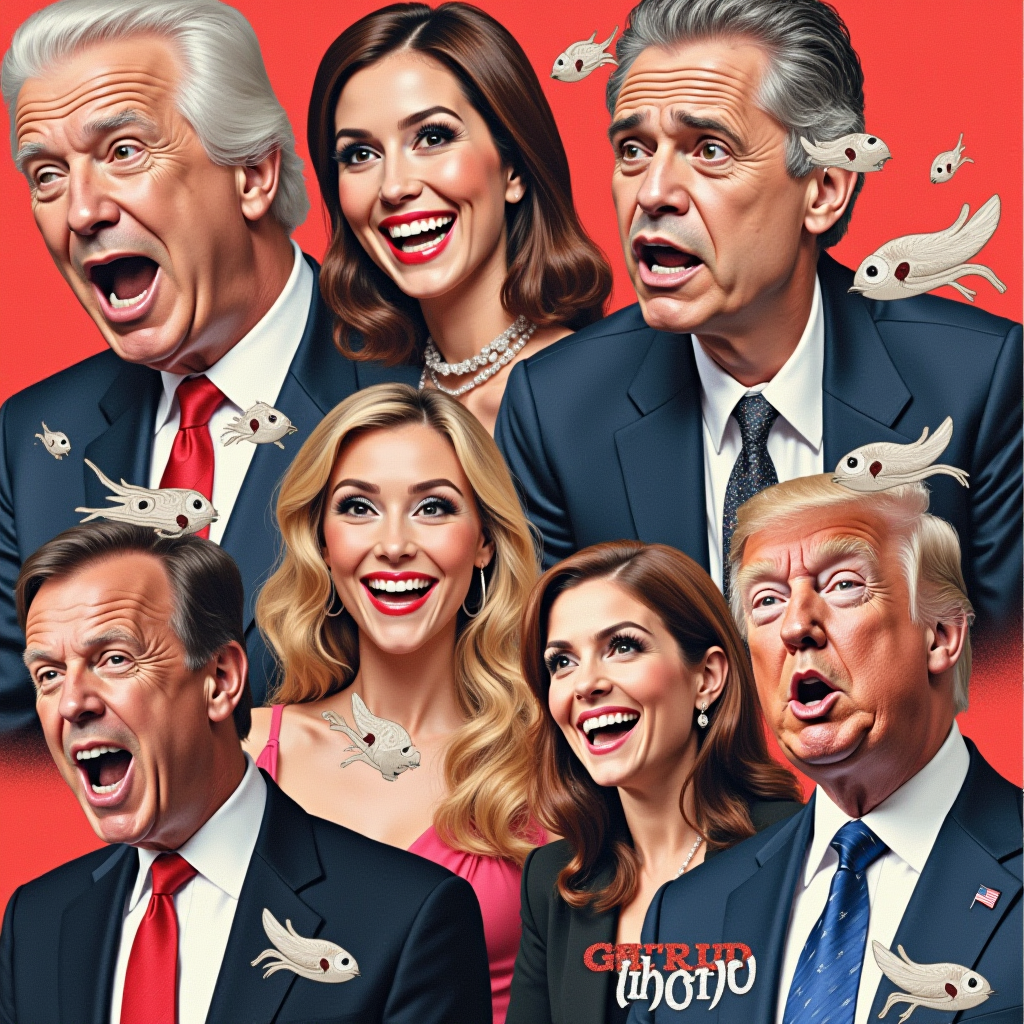How “Weird” Became the Anti-Trump Term of the 2024 Election

If you’ve been following the 2024 election news through any media outlet recently, one word keeps cropping up in a political context: weird. This term is predominantly used to describe figures like Donald Trump and J.D. Vance by their opponents. But how did this word become such a powerful weapon in political discourse? Let’s delve into the origins, significance, and impact of “weird” as the anti-Trump moniker.
Where Did “Weird” Come From?
The term gained traction back in late July when Minnesota Governor Tim Walz used it to critique Donald Trump’s ultra-conservative agenda. During an appearance on MSNBC, he stated:
“You know there’s something wrong with people when they talk about freedom: freedom to be in your bedroom, freedom to be in your exam room, freedom to tell your kids what they can read. That stuff is weird.”
Walz’s remark struck a chord and was amplified during his appearance on MSNBC’s Morning Joe. He criticized J.D. Vance for belittling small-town America and described both Trump and Vance as “weird,” effectively branding them with the term.
The Viral Moment
This commentary didn’t just fade into obscurity; it went viral. The Morning Joe clip garnered over 7.8 million views, setting a new tone for political discourse. A few weeks later, Vice President Kamala Harris selected Tim Walz as her running mate, and he brought the phrase back to center stage at an August rally in Philadelphia: “These guys are creepy and, yes, just weird as hell.”
Why Did It Catch On?
The appeal of “weird” lies in its simplicity and directness. It encapsulates a broader sentiment regarding Trump’s perceived erratic behavior and far-right policies, particularly those concerning social issues like abortion rights.
- Bluntness Over Rhetoric: Unlike other high-minded phrases from the left, “weird” resonates due to its straightforwardness. Caitlin Legacki, a Democratic strategist, noted, “I think it’s really elegant in its simplicity.”
- Reflecting Public Sentiment: For many Americans, “weird” serves as an accessible term that captures their view of the political landscape without needing elaborate explanations.
How Will It Be Used in the Election?
“Weird” has become more than just a word; it’s a rallying cry for Democrats. The phrase is being utilized creatively across various platforms:
- Etsy and Merchandise: Sellers are crafting “weird” themed T-shirts and lawn signs, tapping into the meme culture.
- Meme-Minded Marketing: An anonymous group posted “weird” in a Brat green background in Palm Beach, Florida—a nod to both Kamala Harris and her campaign team. This clever use of color coding is designed to speak volumes with minimal words.
- Campaign Messaging: The Kamala Harris campaign has adopted the term in texts to potential donors: “These guys are creepy. And, yes, just weird as hell.”
Will It Work?
The effectiveness of “weird” lies in its ability to challenge and ridicule authoritarian tendencies by framing them as outlandish or eccentric. Jennifer Mercieca from Texas A&M University believes that making such actions appear “weird” is a strategic move against normalizing authoritarianism.
Conclusion
The use of “weird” in the 2024 election serves as a testament to how language can be wielded as both a shield and sword. It reflects a modern approach to political campaigning—one that favors bluntness over bombast. As we move closer to November, it will be interesting to see whether “weird” continues to resonate with voters or if the opposition finds new ways to redefine its narrative.